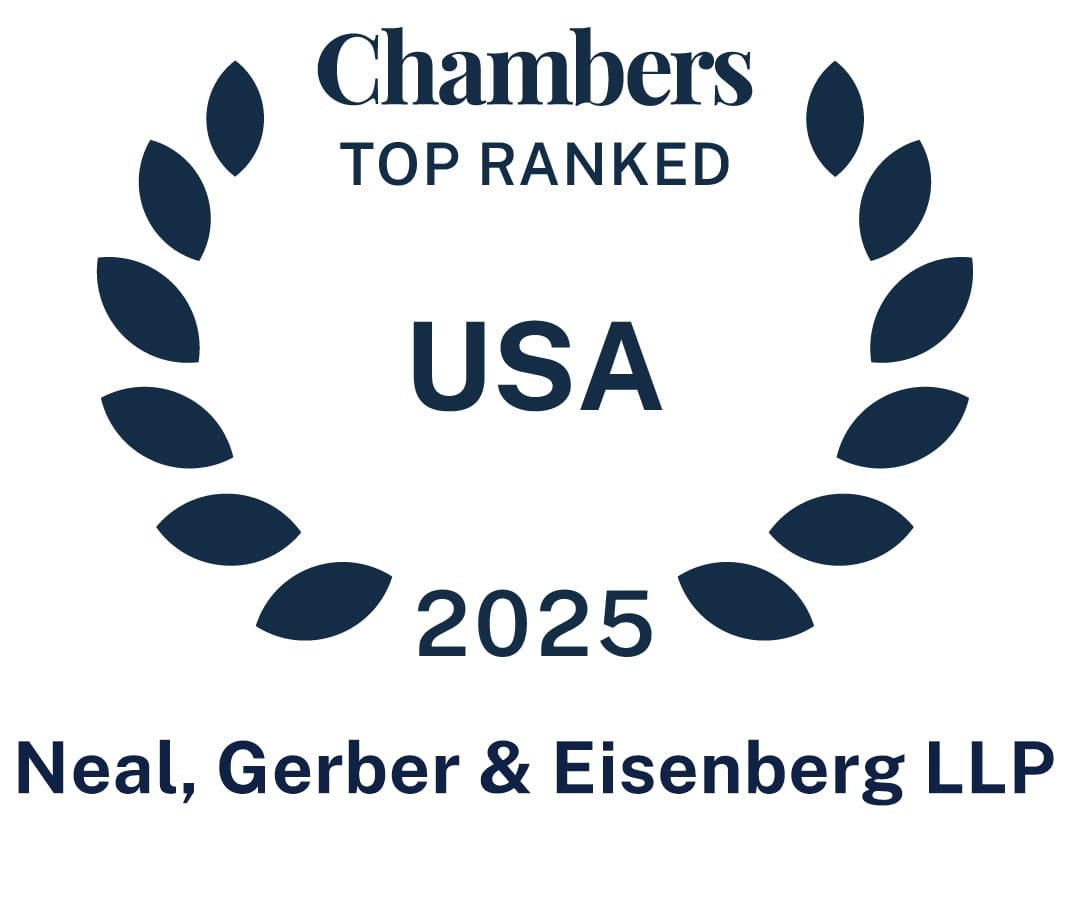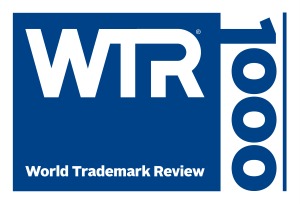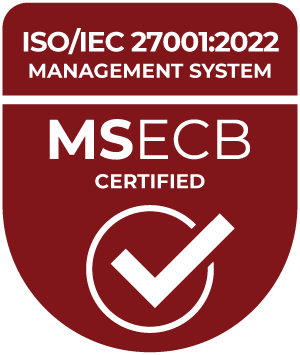In recent years, many employers have required their employees to agree that any disputes relating to their employment, including challenges to the termination of their employment, must be submitted to arbitration instead of pursuing those claims in federal and state courts. Multiple challenges to these waivers have been considered by the courts, particularly waivers by employees of their right to pursue claims in the form of class actions. A common class action claim arising out of employment involves wage disputes.
On Monday, May 21st, the Supreme Court ruled in Epic Systems v. Lewis that class action waivers are enforceable. In so ruling, the Court rejected the argument that class action waivers violate the protections employees have under the National Labor Relations Act to engage in concerted activities. As a result of this ruling, many expect that arbitration agreements, including waivers of class actions, will become more commonplace in employment. This is particularly true because arbitration is normally less expensive, is private, progresses more quickly and has other advantages for employers compared to defending employment claims in court.
As a result of the Court’s Epic decision, all employers should examine their existing policies and employment agreements to assess whether arbitration policies and/or class-action waiver provisions should be added or updated within the company’s documentation with employees.
We have been closely monitoring this case and related developments, and are slated to cover these issues in our upcoming June 6th Employment Law Conference. Space is limited and there are a few remaining seats available. Please contact us at events@nge.com for more information.












